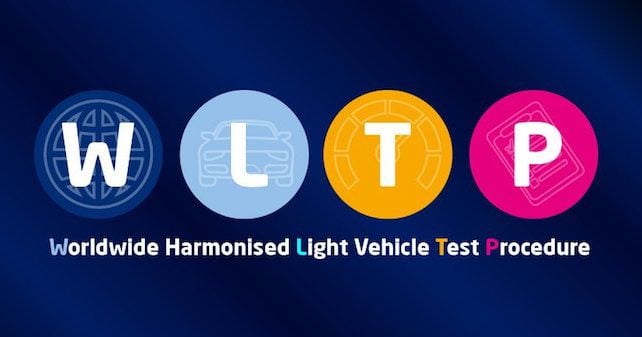From the 2040 ban on petrol and diesel vehicles to the introduction of Clean Air Zones, WLTP and RDE, 2019 was a year of pivotal moments for the automotive industry.
WLTP was one of the biggest stories in the leasing industry in 2019. Because it records higher CO2 scores than the old regime, many vehicle manufacturers have had to rethink their entire lines. For fleet managers and company car drivers, the impact of WLTP has also been acutely felt, as uncertainty around BIK tax and Brexit continue to cause anxiety. More so than ever before, fleet providers are now playing an increasingly important role in supporting customers to manage these concerns, empowering them with up-to-date information and helping them to make small changes in their policies where they’re needed.
Another significant milestone last year was the introduction of the UK Government’s new Clean Air Strategy, which has fast-tracked the nation’s journey towards more sustainable modes of transport. The effect this has had on the automotive industry is undeniable and will likely underpin the move towards more EV-based fleets in the near future.
We also saw great progress in the journey of the EV last year. The number of vehicles on the road across the UK continues to grow, alongside an increase in confidence around the EV’s place in the future fleet. LeasePlan’s 2019 Mobility Report, published in October this year, showed that public understanding of the benefits of electric driving is growing, especially those related to the environment. Going forward, fleet providers need to focus on supporting fleet managers and drivers on how to choose the best option for them. This includes educating them about the whole life costs of a vehicle – as many people still choose to focus on the headline sticker price, rather than looking at the many other costs involved such as taxes and vehicle depreciation.
Company employees are now pushing for greater choice and flexibility when it comes to work and travel, with many opting for alternative fuels and more agile ways of working to reduce costs and business mileage. At the same time, larger/commercial fleets are taking a fresh look at the way they operate, leading to an uptake in data-powered fleet software such as telematics. The move towards increased digitalisation within the automotive industry is crucial; access to better data supports safety, sustainability and compliance across a company’s fleet, and next year we expect to see a significant increase in the number of companies integrating fleet software into their management processes.
Finally, with the general election now finalised, Britain’s much-anticipated departure from the EU will, it seems, finally go ahead under the terms of Boris Johnson’s Withdrawal Agreement, and soon – by 31st January 2020. This means an end to some uncertainty. At least that is, until the next hurdle: negotiating a free trade deal by the end of 2020.
No matter how the year unfolds, we are committed to leading our customers through the sea of confusion and unpredictability, providing them with a clear-sighted understanding of the challenges our industry faces and a determination to overcome them.
Author: Alfonso Martinez, Managing Director, LeasePlan UK









